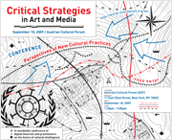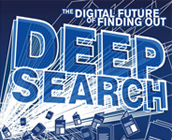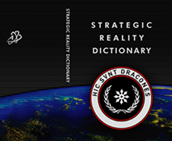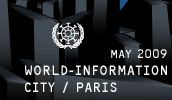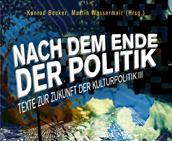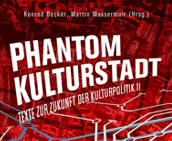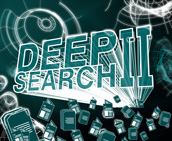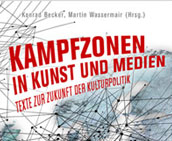From a Tiny Island of Survey Data to the Ocean of Transactional Data
Karl H. Müller
Like all major successful technologies, survey research and survey data,
despite their obvious success stories over the last decades, will cease to be the
predominant mode of data bases for socio-economic research, broadly conceived. Instead,
transactional data which result from electronic traces (web-search, electronic sales
and purchases, etc.) will become the major data base for socio-economic analyses.
Second, visual methods which rely on pattern generation and pattern recognition by competent
observers, will become at least as important as traditional statistical techniques.
The lecture will focus on several main design groups for visual
methods in the social sciences.
Third, the shift to an ocean of transactional data and to visualization techniques
will have a profound effect on two domains: on the one hand, the new data ocean
plus visualization techniques will require the construction of new sets of methods, tools, research
designs and new classes of theory building for the theory and the methodology of
the social sciences. Furthermore, aggregated transactional data and their diffusion through media channels
should lead to new feedback-loops and to contagious attractors for everyday routines and practices.


